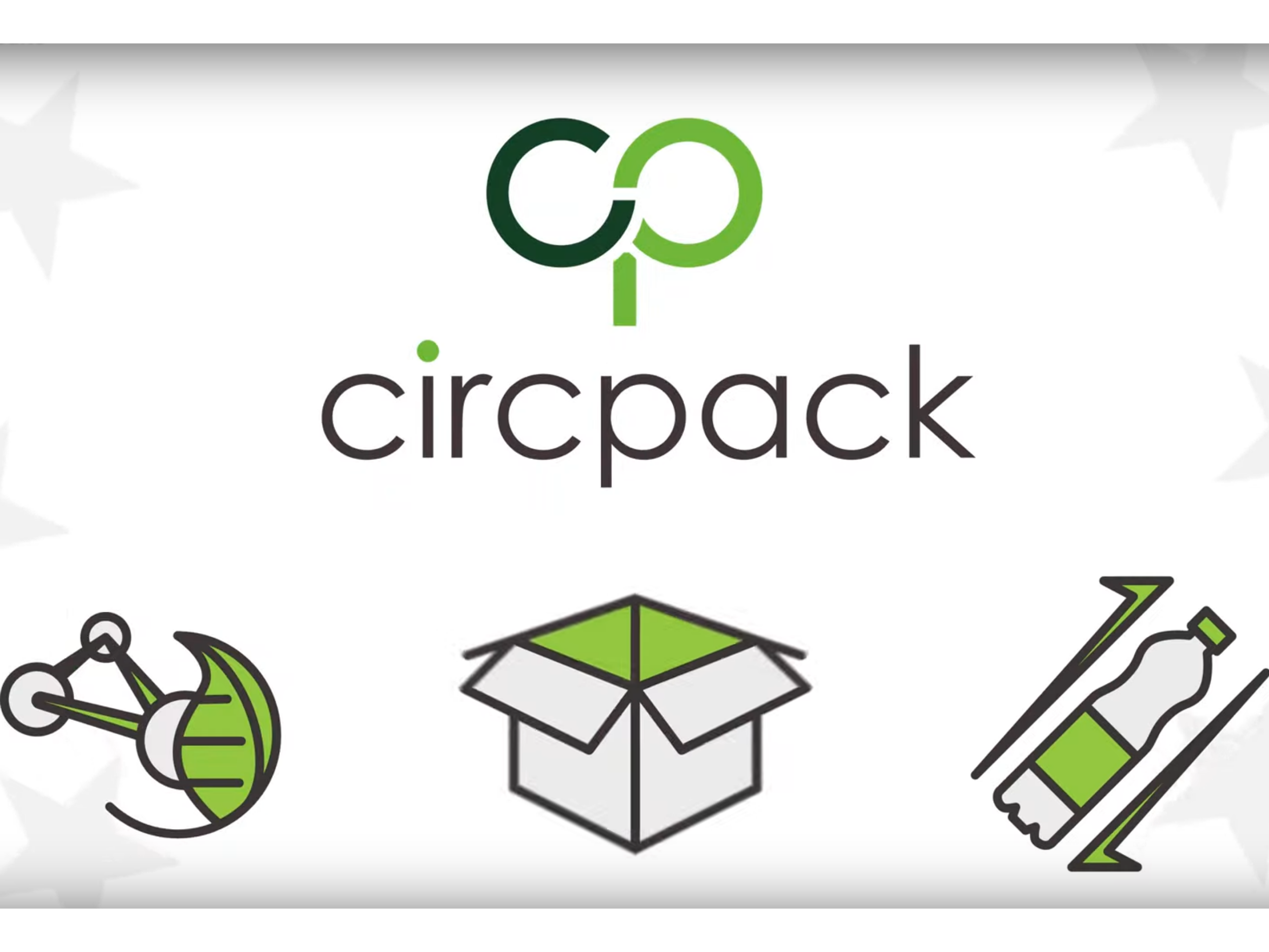European project makes plastics production circular
The CIRC-PACK project has succeeded in achieving its objectives: developing alternative biodegradable and compostable biomaterials and recyclable bio-based plastic, producing eco-designed formats to replace the non-recyclable multilayer and multi-material packaging, while enhancing sorting and recycling processes. The introduction of innovations produced into the market may help the European Union (EU) reach its high ambitions to make all plastic products reusable or recyclable by 2030. These are the main results of this EU-funded project that spent the past three years developing this range of sustainable plastic applications. The consortium, consisting of 22 partners from the EU and led by Fundación CIRCE of Spain, has developed and tested the three different aspects of the plastics value chain: production, design and recycling, and the conclusions are positive. “The design stage is crucial for the pursuit of sustainable packaging value chain. Several actions aimed at reducing the overall impact of plastics and plastic packaging have been taken, such as the use of renewable raw materials for bioplastic production,” said the project’s leader, Aitana Sáez de Guinoa Vilaplana from CIRCE. “The compostability feature can definitively minimise the end-of-life impact of certain formats which today are hardly recyclable. Keeping materials in a loop and improving recycling processes are some of the key achievements of the project, applicable to a wide type of sectors beyond the packaging sector.” CIRC-PACK partners worked on three different demo cases. The first one developed, tested and proved a range of biodegradable and compostable biomaterial formulations with a high content of renewable sources. The innovations included, amongst others, coffee capsules, carrier bags with high printability and resistance, and food trays which maintain shape under thermal and mechanical stress. The second demo case proved the feasibility of producing sustainable and eco-friendly multilayer and multimaterial packaging without a loss in consumer satisfaction. Materials developed include a film for fresh product trays and packaging for detergent powder. For the multilayer film, all components decompose in the same conditions in an industrial composting process. For the multimaterial box, all components are recyclable in a paper recycling process. The third demo case found new ways to increase the overall recyclability of plastic through technology and methodology updates. For instance, CIRC-PACK generated new pieces of plastic products using recycled plastic from different waste origins. Approval from consumers CIRC-PACK developed eco-friendly packaging alternatives for several products using renewable and compostable plastics products. CIRC-PACK testing proves that the consumers have appreciated the bioproducts. In-person tests conducted with consumers in six European countries – Belgium, Turkey, Portugal, Spain, Italy and Croatia – proved the public not only accepts the new bio-plastic products but, in some cases, even prefers them. Many of the CIRC-PACK products were preferred by consumers based on characteristics such as appearance, ease of use and resistance. “Consumer satisfaction is key to improving the use of renewable or reusable plastics and, therefore, the product quality has to be of a very high level. In CIRC-PACK, working with industrial partners, we have proven how to produce these products in a way that is both market-ready and sustainable,” Aitana Sáez de Guinoa Vilaplana highlighted. To learn more about CIRC-PACK’s innovations, visit the website www.circpack.eu Watch the CIRC-PACK results video here: https://youtu.be/_Zt9UxsEnPc



